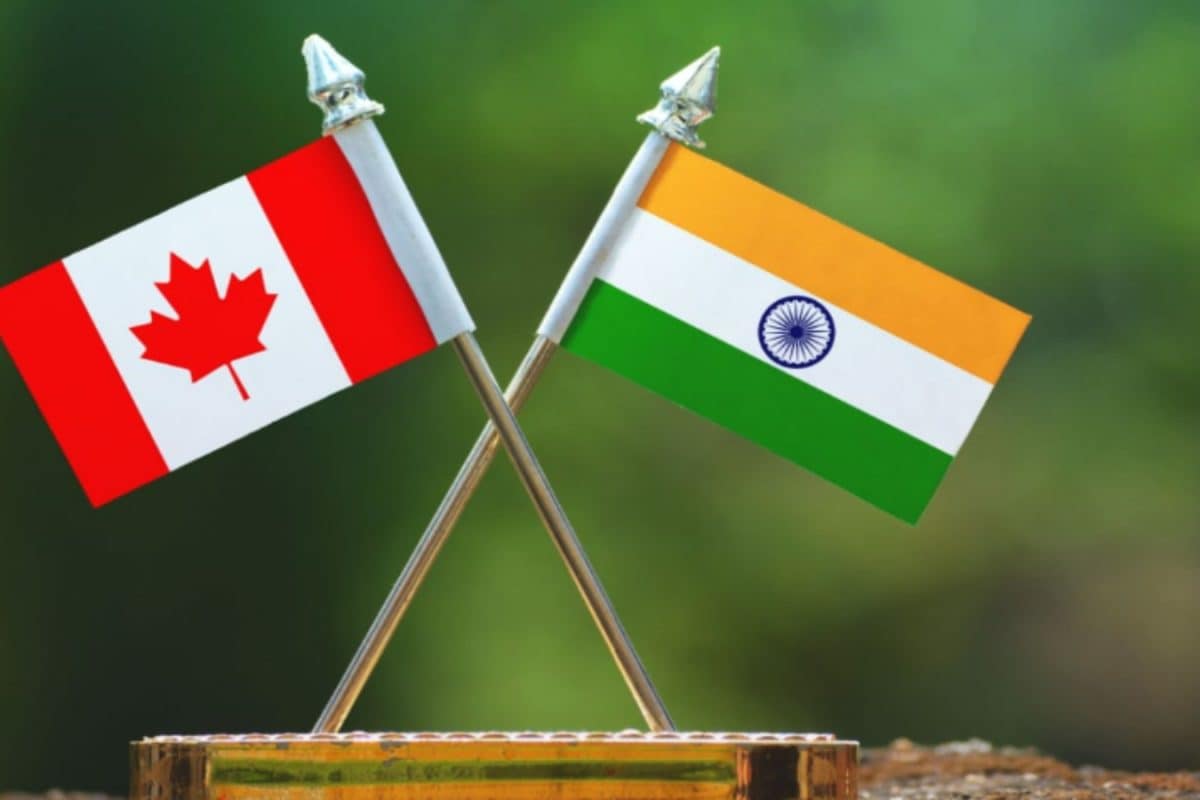

India has vehemently rejected the recent Canadian intelligence report, which accuses it of being a "main perpetrator" of foreign interference and espionage within Canada. The report, released by the Canadian Security Intelligence Service (CSIS), has ignited a fresh diplomatic row between the two nations, already strained by previous accusations and ongoing investigations.
The core of the dispute lies in Canada's allegations that India is actively meddling in its internal affairs, particularly concerning the Sikh community and the Khalistan movement. The CSIS report specifically highlights the alleged links between the Indian government and the 2023 murder of Hardeep Singh Nijjar, a Sikh activist, characterizing it as a "significant escalation" of India's efforts to suppress the Khalistan movement on North American soil. The report further warns that Canada must remain vigilant against India's attempts to influence not only ethnic, religious, and cultural communities but also Canada's political system.
New Delhi has strongly refuted these claims, dismissing them as baseless and unsubstantiated. India's stance is that Canada has failed to provide concrete evidence to support its accusations, instead relying on conjecture and unsubstantiated allegations. Indian officials have questioned the timing of the report's release, especially considering the recent efforts to restore diplomatic ties between the two countries. Just a day prior to the report's publication, Prime Minister Mark Carney and Indian Prime Minister Narendra Modi met at the G7 summit in Kananaskis, Alberta, where they announced the reinstatement of high commissioners in both countries, signaling a potential thaw in relations.
India has, in turn, accused Canada of providing a safe haven for Sikh separatists and allowing them to operate freely within its borders. They argue that Canada has been interfering in India's internal affairs by allowing the promotion of separatist ideologies that threaten India's sovereignty and territorial integrity. This has created an environment of mistrust and has allegedly facilitated illegal migration and organized criminal activities.
The timing of the CSIS report has been criticized by some, who view it as a setback to the fragile progress made in mending bilateral relations. Inviting Modi to the G7 summit was described as "premature" and sent out unintentionaly confusing messages. Others argue that it is crucial to address the issue of foreign interference head-on to safeguard Canada's democratic institutions and national security. Public Safety Minister Gary Anandasangaree has acknowledged the "difficult conversations" with the Indian government and reaffirmed Canada's condemnation of any foreign interference attempts, emphasizing that the RCMP's investigation into Nijjar's killing remains ongoing and independent.
The diplomatic fallout from the CSIS report is likely to continue, with potential implications for trade, security cooperation, and people-to-people exchanges between the two countries. The key question remains whether Canada can provide sufficient evidence to substantiate its claims of foreign interference, and whether both sides can find a way to engage in constructive dialogue to address their respective concerns and rebuild trust.